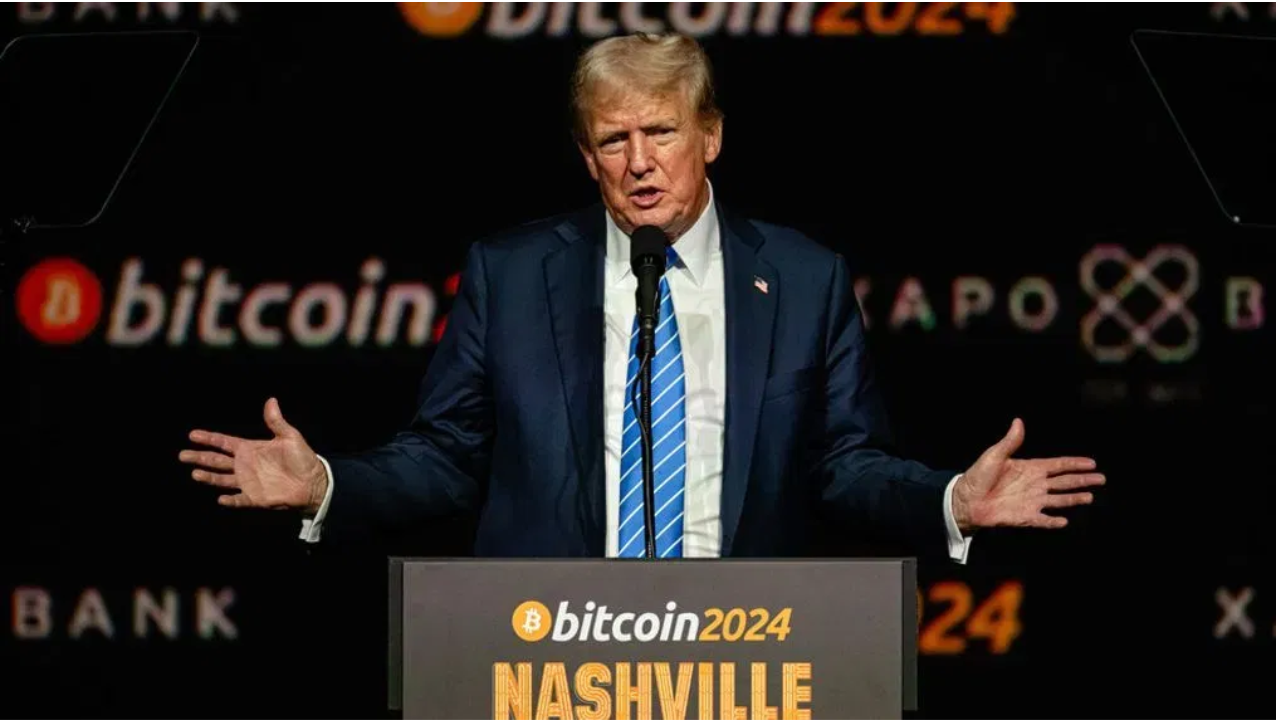Your Source for the Latest in Crypto Trends

The former president of the United States is launching a crypto yield product, even as he appeals to the crypto industry in his current bid for office. Donald Trump will be the “chief crypto advocate” for World Liberty Financial, a venture that has offered scant hints so far about what it will actually do.
You’re reading State of Crypto, a CoinDesk newsletter looking at the intersection of cryptocurrency and government.
Crypto is trying to make an impact this election cycle. Now, one of the leading contenders for President of the U.S. is tied to a forthcoming crypto venture.
There’s one pretty interesting question: how should the former president and current Republican nominee think about securities and anti-money laundering laws as he prepares to lend his name to a crypto project?
Former President Donald Trump will be the “chief crypto advocate” for World Liberty Financial, a project seemingly based on Dough Finance and featuring his three sons and a host of other individuals in key roles, according to scoops by my colleagues Danny Nelson, Cheyenne Ligon and Sam Kessler this week.
A draft white paper seen by CoinDesk suggests that World Liberty Financial will sell 30% of the WLFI tokens generated, with the remaining 70% held by founders, service providers and other team members.
This friendly stance, at odds with his opposition to crypto when he was actually in office, may end up benefiting him personally, given the forthcoming World Liberty Financial launch.
The major caveat here is that CoinDesk has seen draft documents; the final project may differ from what CoinDesk has reported on.
In the document CoinDesk did view, however, one common refrain has been that a 70% allocation toward existing project developers is relatively large, compared to other crypto projects.
The white paper also has a non-transferability clause, seemingly to prevent resales or suggest that investors can profit off of the tokens, at least at launch.
This alone would not be enough to bypass securities laws, said Dave Rodman, the founder and managing partner at Rodman Law Group.





